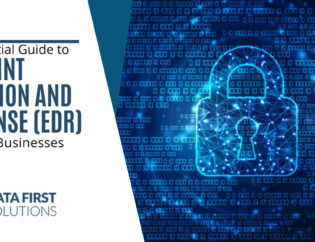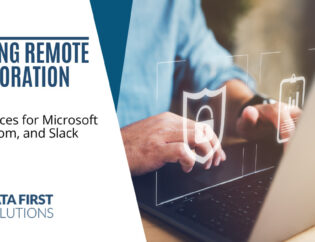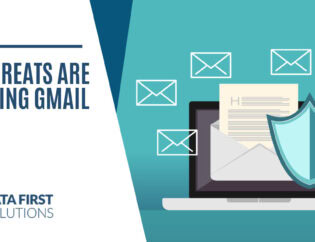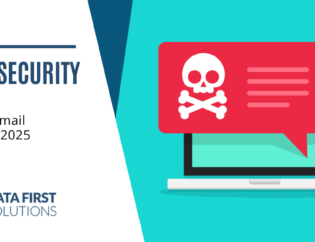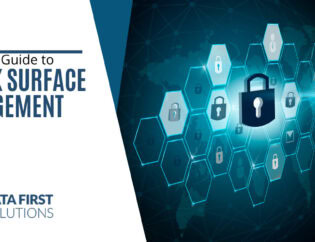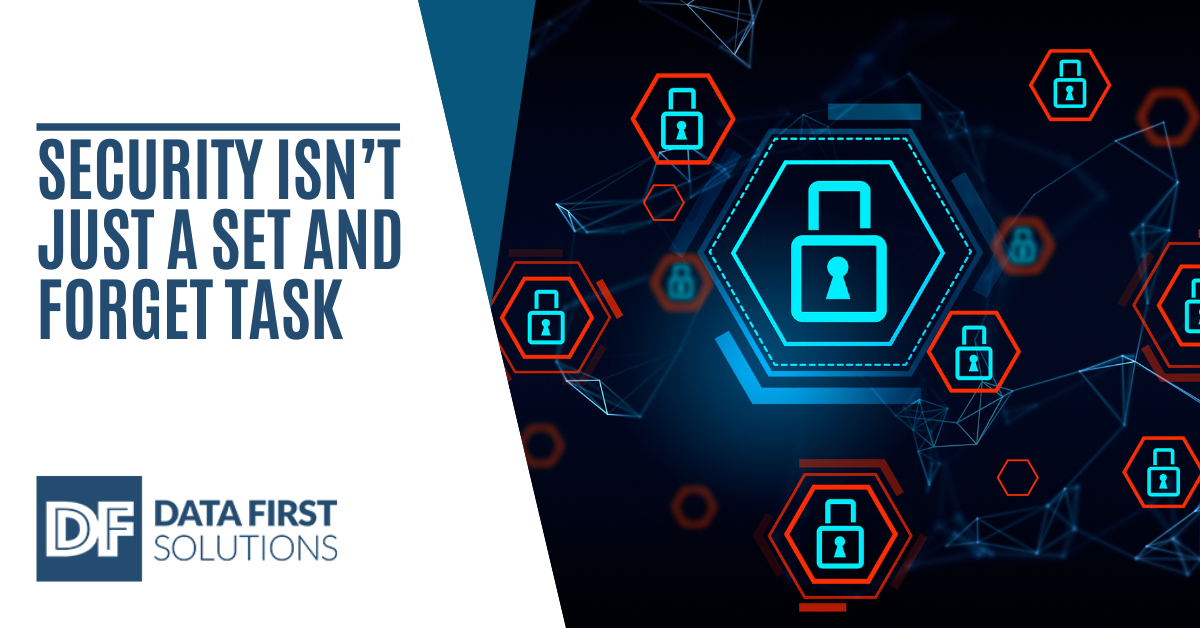
When you’re responding to a security incident, some damage has already been done. Attackers may have stolen sensitive data, launched a malware attack on your systems or corrupted your files.
With compliance fines now a consequence of data breaches and cyber-attacks, a reactive approach simply won’t do. It’s no wonder that successful attacks affected 78% of Canadian companies last year. The reactive approach is common – but it’s not the way forward.
Instead, companies must foster a proactive cybersecurity mindset in which they attempt to prevent attackers before they make a negative impact.
What Is Reactive Security?
Reacting security is the set and forget approach to security. It centers around the mindset of discovering an attacker after they’ve managed to get into your systems. The focus is on recovery, passivity and responding.
By itself, a reactive security strategy won’t keep you safe from today’s malicious actors. However, this isn’t to say reactive security doesn’t have its place within an organization. Elements of reactive security are valuable, such as:
- User behavior monitoring: This analyzes user patterns, authentication mechanisms and more to determine if an intruder has managed to break into the company’s infrastructure.
- Incident response: Your incident response plan is the guidance you follow in the event of a security incident. It helps you to carry out a calm, effective incident remediation scheme in the event of an attack or data breach.
- Anti-malware: Anti-malware and anti-virus are excellent for blocking potential cyber security threats before they enter your employee’s inboxes.
- Firewalls: Firewalls block suspicious traffic, keeping you safe from numerous cyber threats.
What is Proactive Security?
In contrast to reactive security, proactive security is about stopping a data breach or cyber-attack before it has the chance to come to fruition. Essentially, it’s about stopping malware from ever getting onto your systems, from finding and patching a vulnerability before it can be exploited, and taking a zero-trust approach to user identity management.
There are numerous ways you can build a proactive security approach in your organization. We recommend a multi-faceted strategy, which includes:
- Security awareness training: Empower your employees with the knowledge and skills to spot and report potential security threats like phishing, SMSishing and malvertising. Your employees, with the right training, can become your first line of defense against cyber-attacks, rather than the biggest risk to data security.
- Penetration testing: A penetration test is a manual analysis of your infrastructure to discover and fix potential vulnerabilities that could otherwise be exploited by hackers. Penetration tests are an excellent, proactive way to improve your cybersecurity maturity and bolster your defenses.
- Proactive monitoring and threat intelligence: Rather than waiting for an alert to pop-up, indicating compromise, proactive monitoring and threat intelligence enables you to take charge of discovering potential threats. If you work with a managed service provider like us, we’ll stay on top of the threat landscape for you, looking at recent data breaches and incidents in other organizations to make sure the same doesn’t happen to your business.
Benefits of Proactive Security For Improving Cyber Resilience
By taking a proactive approach to security, combined with the best of reactive tooling, you can supercharge your cybersecurity and dramatically reduce the likelihood of suffering a dreadful cybersecurity breach. Moreover, because proactive security prevents attacks from ever happening, you’ll save a lot of money, time and resources in the long-term that would otherwise be spent on damage control.
The other benefits of proactive security include:
- Enhanced productivity: With everything working smoother and less alerts, your people and you can focus on what you do best: running and growing your business. Of course, you’ll need a specialist IT team to manage your proactive security program. That’s where we come in!
- Compliance: Regulations like HIPAA, GDPR, CCPA and GBLA have strict requirements regarding how organizations store, process and transmit sensitive information. A single data breach can put you at odds with these regulations, leading to compliance violations and hefty fines. With proactive security, you’re much less likely to fall foul of these regulations.
- Enhanced customer relationships: Cyber-attacks can result in downtime, lost customer data and, resultantly, a loss of customer trust. If your organizations ends up in the news over a data breach, your bottom line will suffer. Again, with a proactive approach, this is much less likely.
Do You Require a Cybersecurity Upgrade? Take The Proactive Approach!
Ignorance is not bliss in the world of technology. Instead, it allows criminal groups to target our systems and data. Employ a proactive cybersecurity approach today to further fortify your cybersecurity strategy against a data breach.
Let Data First Solutions help you. Contact us by phone today!



